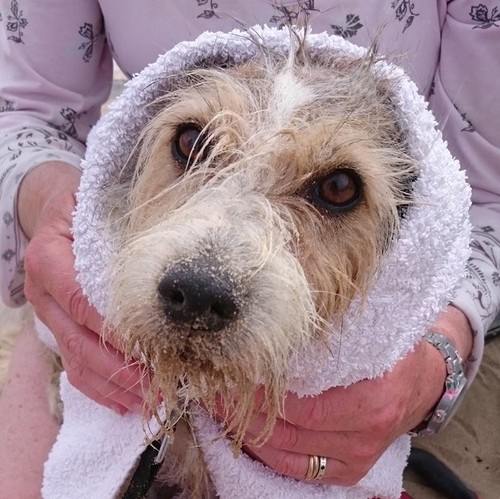
Also in today's EMEA regional roundup: Telia et al tout battery-saving 5G advance; Swisscom faces outage flak, loses appeal; Nokia boosts cybersecurity in Estonia.
The first phase of an investigation by the UK's Competition and Markets Authority has found Cellnex's acquisition of Three UK's passive infrastructure raises serious competition concerns. As the CMA points out in its statement on the matter, Cellnex is already the largest independent supplier of mobile towers in the UK, following its acquisition of the telecom division of Arqiva in 2020, and the authority fears that the Three deal would only cement Cellnex's market dominance, ultimately leading to "higher prices or lower quality services for network operators." It says that its initial analysis found evidence to suggest that CK Hutchison, Three's parent company, could have sold its towers to an alternative buyer rather than the existing market leader. The CMA has given Cellnex and CK Hutchison five working days to come up with legally binding proposals to address the competition concerns identified: If and when these are supplied, the CMA would have a further five working days to consider whether to move onto Phase 2 of the investigation. (See Eurobites: Cellnex buys Arqiva's towers unit for £2B and Cellnex emerges as Euro mobile tower power player.)
Telia, Ericsson and Qualcomm have joined forces to test a new 5G standalone feature, Radio Resource Control Inactive (RRC Inactive), which they say reduces smartphone battery consumption while cutting latency for gamers and, potentially, IoT applications. The key here seems to be RRC Inactive's ability to reduce the amount of signaling required during "state transitions." RRC Inactive was implemented using Ericsson's software and 5G standalone network nodes and a Qualcomm test device. The partners were able to demonstrate the successful transition between a connected state and an inactive state without the device falling back to idle mode.
Swisscom CEO Urs Schaeppi has apologized for a major outage on his company's fixed network last week that meant the emergency services could not be contacted by Swiss callers for eight hours. As Reuters reports, the failure was attributed to a software malfunction that arose during maintenance work and created a "domino effect," according to Schaeppi.
And in another downer for the Swiss incumbent operator, Swisscom has had its appeal against a 2015 decision by the country's competition authority "largely rejected" by the Federal Administrative Court. The authority, Comco, came to the conclusion that Swisscom had abused its market position in its bid for a wide-area network contract with Swiss Post, forcing unreasonable pricing from competitors and imposing a "margin squeeze." Swisscom, which still maintains that the initial Comco decision is "incomprehensible," will now refer the judgement to the Federal Court.
Nokia's Digital Automation Cloud (DAC) 5G standalone platform has been chosen by Estonian company Thinnect to bolster the cybersecurity training facility used by Estonian Defence Forces and civilian critical infrastructure providers.
Telecom Italia has struck a wholesale fixed wireless access (FWA) deal with EOLO, an "ultrabroadband" provider and FWA specialist. The partnership, which aims to complete a field trial by the end of October, will target Italy's underserved "white areas."
Virgin Media O2 has declared itself the first mobile network operator to make live calls from its network using a new "neutral host" in-building mobile specification at a site in London's Canary Wharf office complex. Joint Operator Technical Specifications (JOTS) is an agreed technical standard for connecting shared in-building radio offerings based on 4G small cell technologies. By adhering to the specification, a third party, or "neutral host," can provide cellular services to businesses on behalf of one or more of the mobile network operators. The neutral host can enable this connectivity using its own choice of vendors and equipment.
— Paul Rainford, Assistant Editor, Europe, Light Reading
Read more about:
EuropeAbout the Author(s)
You May Also Like











